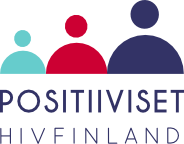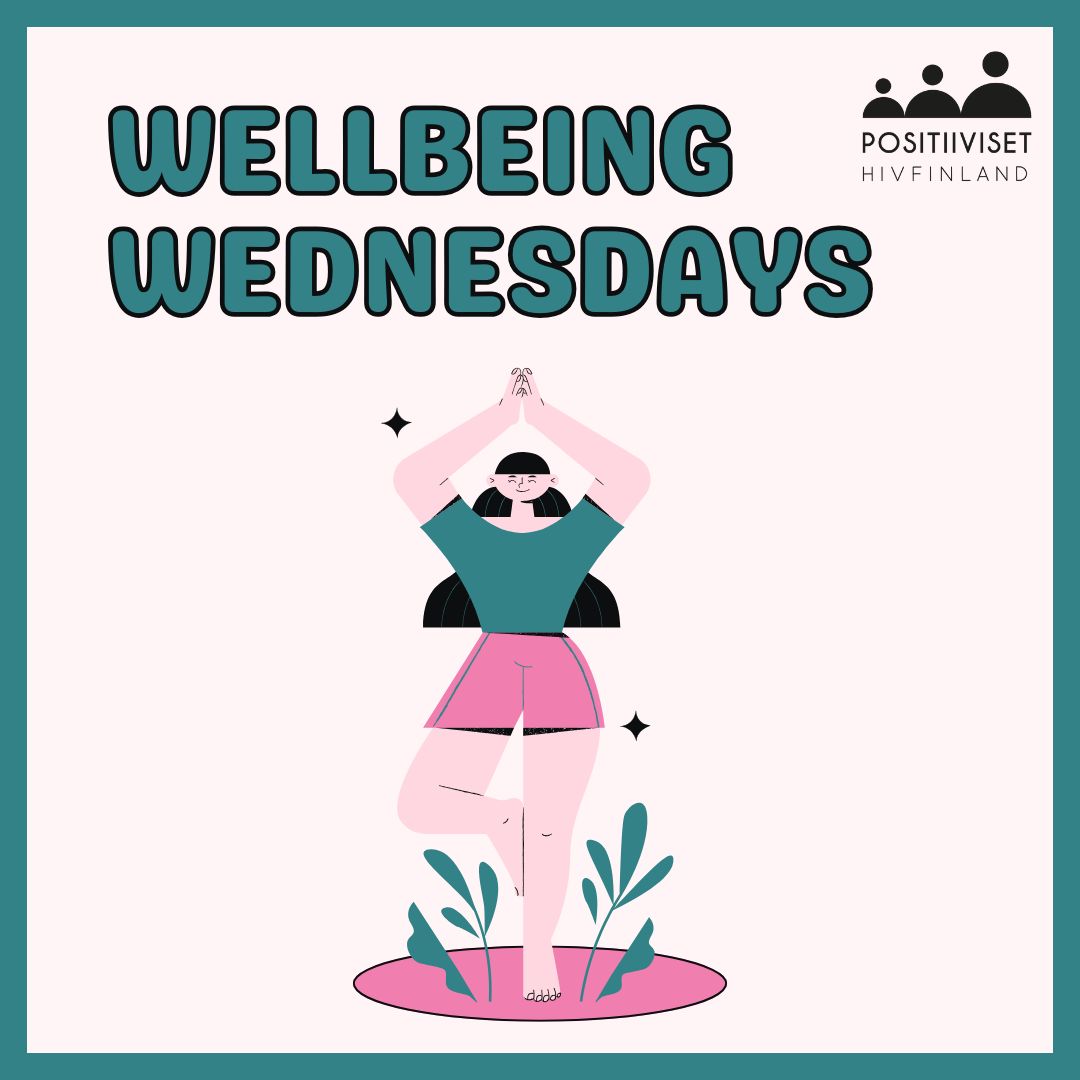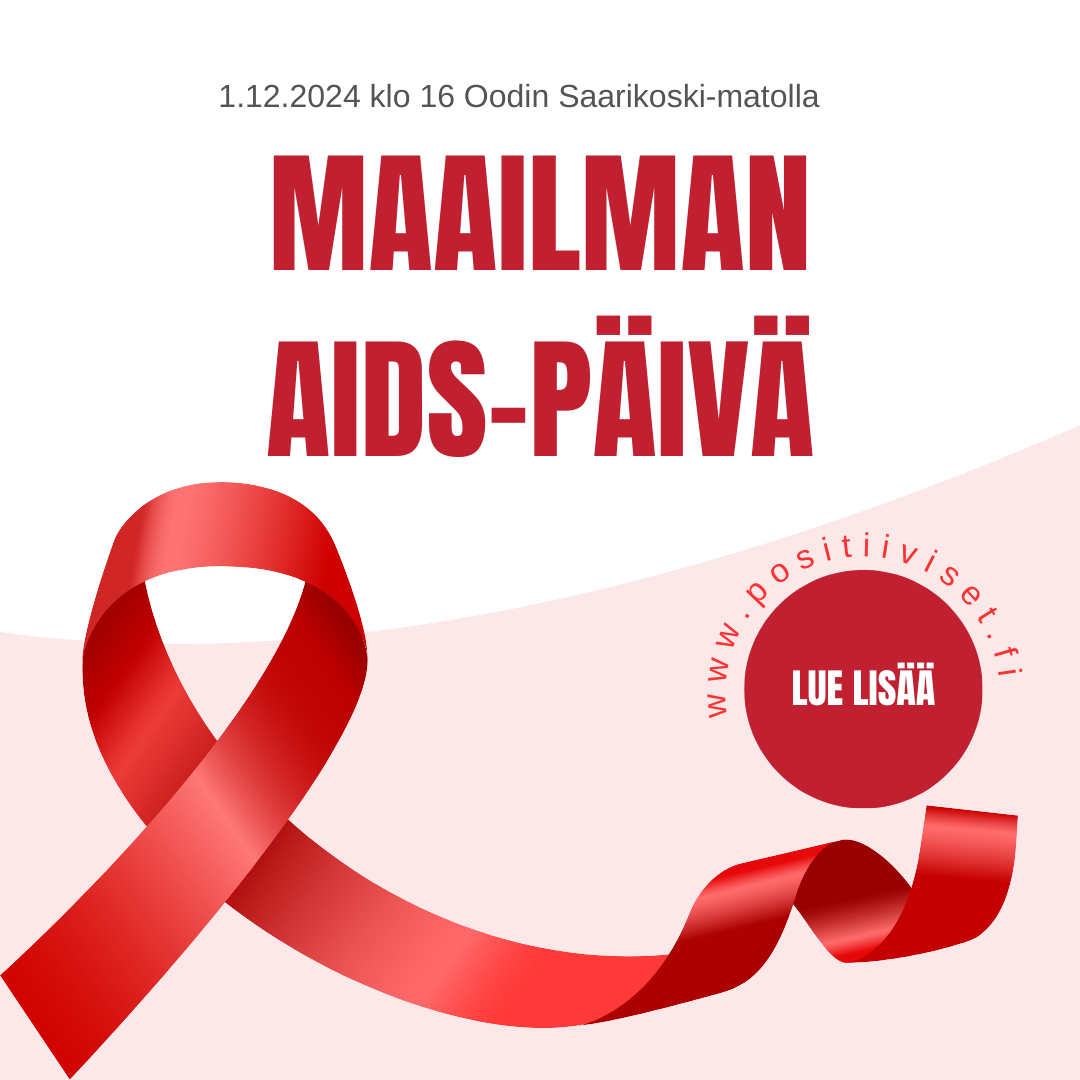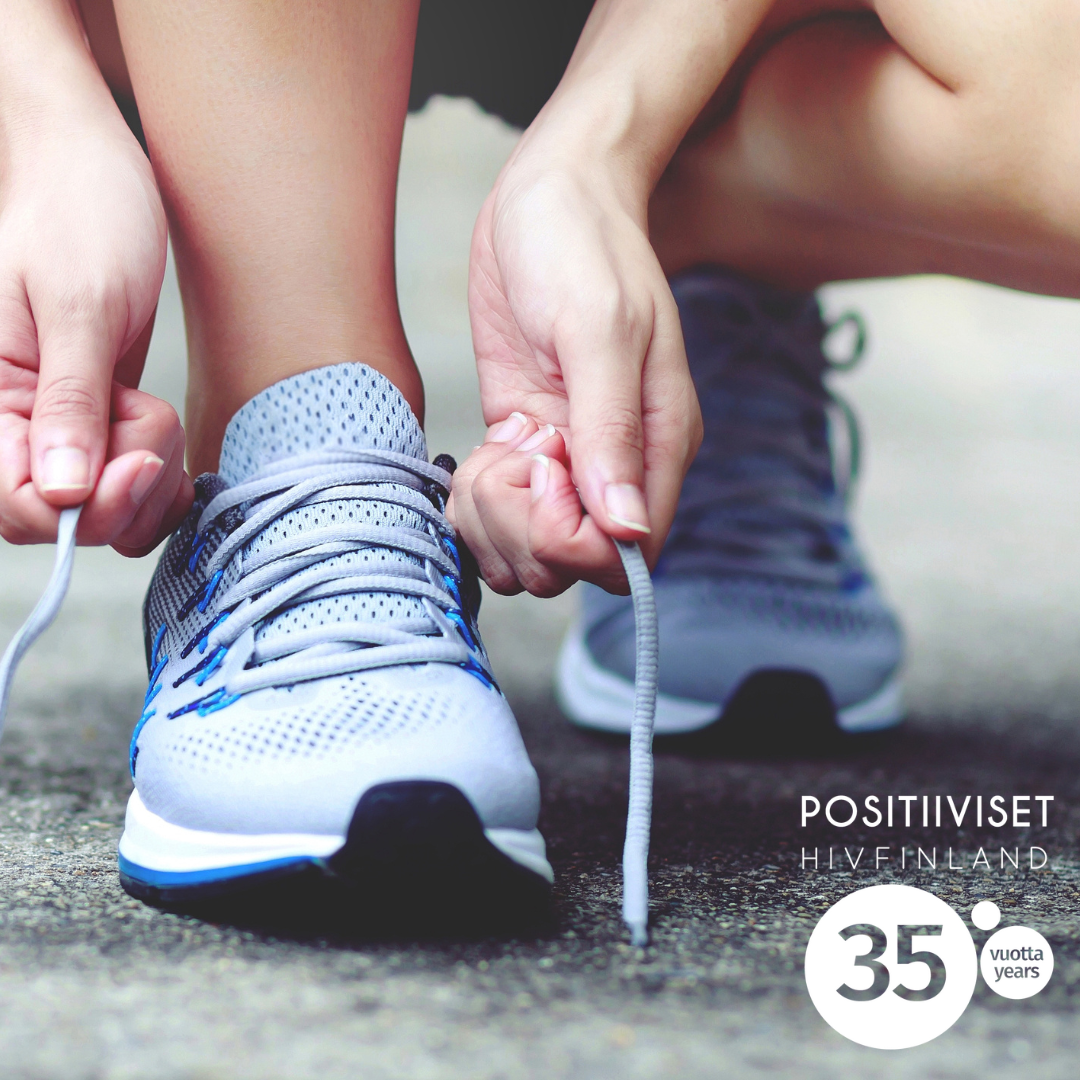A lot has changed in the world of HIV treatment and care since the early 1990s, when Dr. Jussi Sutinen first began working with HIV patients.
In October, we had the privilege of hosting a lively and informative discussion with him, both at our premises and online, allowing anyone living with HIV from all across Finland to participate.
It was a much-anticipated event, filled with engaging conversations during a session that lasted over three hours. We listened to Dr. Sutinen’s presentation, asked questions, shared a meal, and enjoyed a few laughs while getting to know each other and delving deeper into the subjects discussed.
In this article, we aim to capture the essence of the meeting, covering the topics discussed with Dr. Sutinen, an infectious disease specialist in HIV treatment and care at HUS. Whether you attended or are just reading about it now, we hope you feel like you were part of this unique event.
U=U
The principle of U=U, meaning that an undetectable viral load makes HIV untransmittable through sexual contact (even without condom), has been globally accepted and is a major milestone in HIV care. The medical community is now focused on spreading awareness of this fact, as it helps combat stigma and promotes a more informed public understanding of HIV. Despite strong scientific backing, U=U remains under-recognized by the general public, contributing to lingering fears and misconceptions. Quoting Dr. Sutinen: “There is a wealth of evidence on U=U, yet in people’s minds, it can still be a concern.” It remains puzzling why there is doubt among many when the medical community is convinced of U=U’s scientific validity, as Dr. Sutinen reconfirms.
The Legal Framework Around HIV in Finland
Finland has made significant strides in updating its interpretation of criminal laws in the context of HIV and people living with HIV emphasizing the rights of patients and reducing the stigma associated with the virus. One pivotal legal moment in recent years was the 2021 Supreme Court decision that overturned a previous court ruling, which sentenced a man to two years in prison for not disclosing his HIV status to his female partner before having unprotected sex. The man, who was on effective antiretroviral therapy with good treatment response, did not transmit the virus. The Supreme Court recognized the medical fact that good treatment response makes the virus untransmittable (U=U), thus removing the requirement to disclose his HIV status under these circumstances.
This landmark ruling not only reinforced the scientific consensus behind U=U but also marked a significant step in the fight against HIV-related stigma in Finland. The decision was praised by healthcare professionals and HIV activists. The ruling sets a strong precedent for how HIV is viewed legally in the country, making it clear that scientific advancements must be reflected in the justice system.
PrEP (Pre-Exposure Prophylaxis) & PEP (Post-Exposure Prophylaxis)
PrEP, a medication taken by HIV-negative individuals to prevent contracting the virus, continues to expand globally. In Finland, access to PrEP has improved, but the waiting times can still be several months.
Concerning PEP, Dr. Sutinen highlighted the importance of requesting the medication immediately if exposure to HIV is suspected. Even if it is the middle of the night, get yourself to the emergency room. The sooner you receive the first dose of PEP (provided there is adequate exposure to risk factors), the better.
Possible Side Effects of HIV Medication: Weight Gain
One side effect gaining attention is suspected weight gain associated with some antiretroviral drugs. While these medications are highly effective at controlling HIV, there have been reports of metabolic changes and weight gain, especially among women and people of African descent.
Dr. Sutinen pointed out that, as we age, there is a documented increase in body weight—about 1 kg/year in Western industrialized countries. However, according to a recent studies comparing the newer Tenofovir medication (TAF) to the older generation (TDF), the latter has appeared to restrict weight gain compared to the TAF. If you are concerned about weight gain or any other side effects, we recommend discussing it with your physician.
New Medications and Treatments
Injectables
Offering an alternative to daily oral medication, injectables are here to stay. A small number of patients (currently about 35 in the Helsinki region) are using injectables and receive two injections every two months at the hospital. According to Dr. Sutinen, “efficacy is a bit lower than that of the best tablets.” Reach out to your doctor for more information on injectable treatment options.
‘’Islatravir’’
This promising new drug, currently in Phase 3 trials and awaiting final approval, offers extremely potent HIV treatment in smaller doses than anyy other HIV-medicine.. There are also ongoing efforts to develop Islatravir as a subdermal implant, and also for prevention use.
Cholesterol Medication and HIV
Long-term antiretroviral therapy (ART) can increase cholesterol levels, which puts certain patients at a higher risk of cardiovascular issues, including strokes and heart attacks. Cholesterol medications can decrease the overall inflammation levels in people living with HIV, thereby lowering the risk of cardiovascular diseases.
Dr. Sutinen discussed a recent study in which one group of patients (with moderate or a low risk of cardiovascular diseases) took a placebo, while another group took statins (cholesterol medication). Those receiving statins showed a significant decrease in cardiovascular risk events. He mentioned that using statins may be an important preventive measure, especially for patients with elevated risk factors (e.g., family history of strokes or high cholesterol-related conditions).
Experimental Technologies for HIV Treatment and Prevention (CRISPR, Vaccines & Implants)
We discussed the ongoing research into a functional HIV cure using CRISPR technology. In 2023, researchers at Temple University in the U.S. successfully used gene editing to remove HIV DNA from infected cells in animals. However, according to Dr. Sutinen, we are still far from significant treatment or prevention via CRISPR technologies.
Clinical trials for HIV vaccines are still underway, but it may take time until they reach the approval phase. Additionally, implant technology for subdermal HIV medication is still experimental. Dr. Sutinen mentioned that current implant technology releases medication faster than optimal, and further testing is needed before it becomes a viable treatment option.
Traveling as a Person Living with HIV
While most countries allow travelers living with HIV without restrictions, a few still impose limitations or require specific documentation. Dr. Sutinen recommended checking www.hivtravel.org for up-to-date information on specific countries’ regulations.
We want to thank Dr. Jussi Sutinen for his time and expertise, as well as all who joined us for this special event. It was a memorable evening that not only deepened our understanding of HIV treatment and care but also strengthened the bonds within our community.
We look forward to more events like this, where we can continue to learn, support one another, and work together toward a healthier, more empowered future for all those living with HIV through access to accurate, scientific information.
‘’Vinkit’’ aka Tips from Dr. Jussi Sutinen
Dr. Sutinen emphasized the importance of lifestyle choices in managing HIV. Eating a balanced diet, exercising regularly, and adhering to medication regimens are vital to maintaining health and reducing complications.
He also gave the following advice:
- Stay connected with your doctor and mention anything that concerns you early in your appointment. “Share your most important concerns first,” Dr. Sutinen encouraged.
- Answer the pre-appointment questionnaire: “We do read your answers,” he reassured.
- Measure your blood pressure at home before coming to the hospital (or go to a pharmacy if you don’t have a monitoring device). “Blood pressure often appears higher when measured at the hospital.”
- Avoid consuming ‘’salmiakki’’ (salted licorice), sweetened licorice, or excessive salt 8-10 hours before your blood pressure measurement.
- Dr. Sutinen urged those living with HIV to reduce or quit smoking: “Smoking is more harmful to people with HIV compared to those without the virus.”













